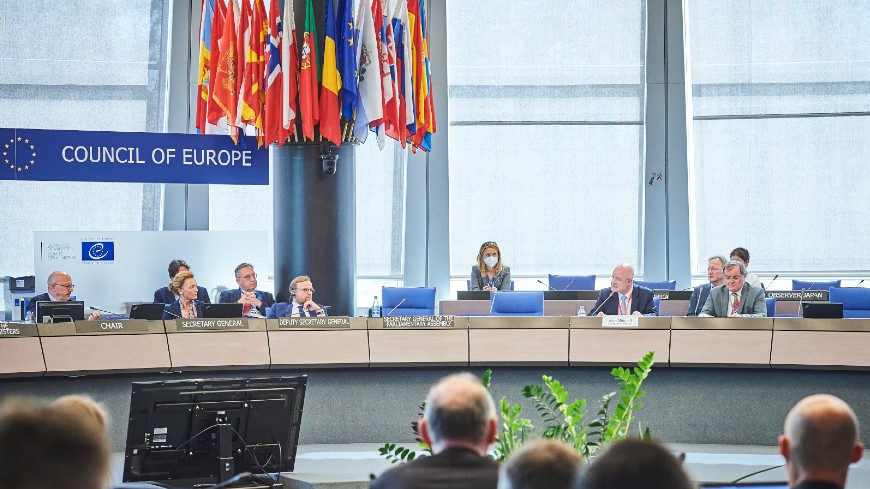
In this annual report, the CPT underlines that although, over the years, some countries have achieved tangible progress in tackling prison overcrowding, this problem persists in many prisons systems, especially in establishments accommodating remand prisoners. In addition, even in countries where overcrowding is not a problem in the entire prison system, particular prisons, parts of prisons or cells may be overcrowded.
“Prison overcrowding undermines any efforts to give practical meaning to the prohibition of torture and other forms of ill-treatment since it can result in a violation of human rights. It puts all the prisoners, especially the most vulnerable, and the prison staff at risk and undermines efforts to reintegrate prisoners into society. Governments should ensure that inmates have sufficient space to live with dignity in prison and that non-custodial measures are used adequately while ensuring that the criminal justice system provides appropriate protection to society”, said the CPT President, Alan Mitchell.
The report recalls that prison overcrowding is mainly the result of strict penal policies, often a more frequent and longer use of remand detention, lengthier prison sentences and still limited use of alternative measures to imprisonment.
As a first step, prison administrations should carry out a detailed review of the capacity of each cell, prison and the prison system as a whole, strictly applying the CPT standards concerning the minimum living space offered to each prisoner: at least 4 m2 of living space in shared cells and 6m2 in single cells (excluding the sanitary annexes). There should be an absolute upper limit for the number of prisoners for each prison.
The second crucial measure that the CPT recommends is an increased use of alternative measures to imprisonment, such as community service or electronic monitoring systems, complemented by probation officers and rehabilitation programmes. The CPT considers that the use of non-custodial measures remains modest in many states, particularly in the pre-trial stage, and does not sufficiently reduce the number of persons in prison. It urges governments to work with legislators, judges, prosecutors, and prison and probation managers to tackle prison overcrowding with concerted action.
In the report, the CPT welcomes the measures taken in many member states to conditionally or temporarily release low-risk prisoners and to reduce resort to pre-trial detention to prevent the spread of Covid-19. The Committee, however, also notes that it has become apparent that some of the arguments put forward by authorities over the years that they were unable to decongest prisons were not always fully sincere.
Finally, the CPT warns that, with the end of the stricter measures to prevent Covid-19, the number of prisoners is increasing again in certain countries, which may result in a larger number of overcrowded prisons in the future.
In 2021, the CPT carried out nine periodic visits (Austria, Bulgaria, Lithuania, the Russian Federation, Serbia, Sweden, Switzerland, Turkey and the United Kingdom) and six ad hoc visits to examine specific issues (Albania, Belgium, Bosnia and Herzegovina, Georgia, Greece and Romania).
- Read the General Report
- Read the Statement made by the CPT’s President on the Russian Federation remaining a State Party to the European Convention for the Prevention of Torture and Inhuman or Degrading Treatment or Punishment
